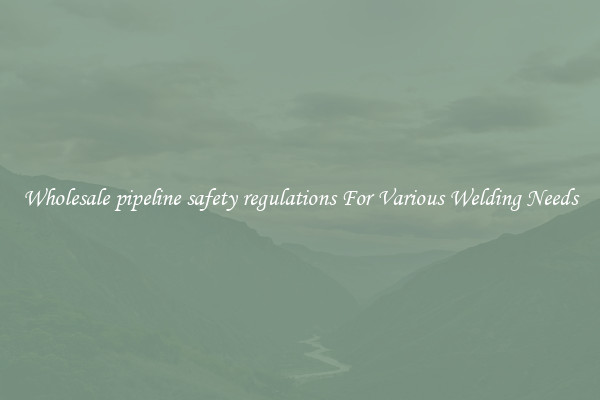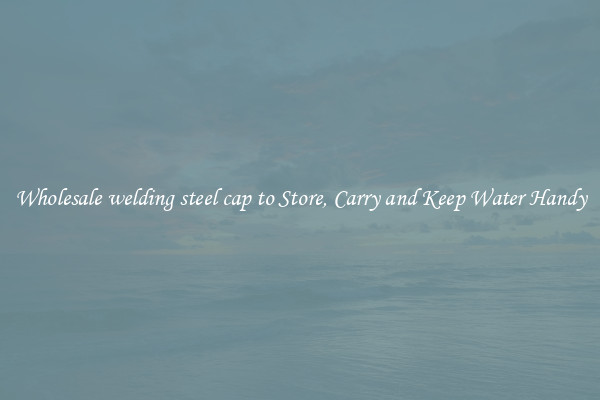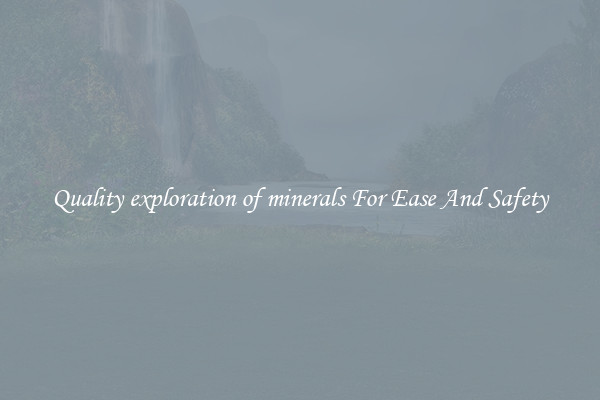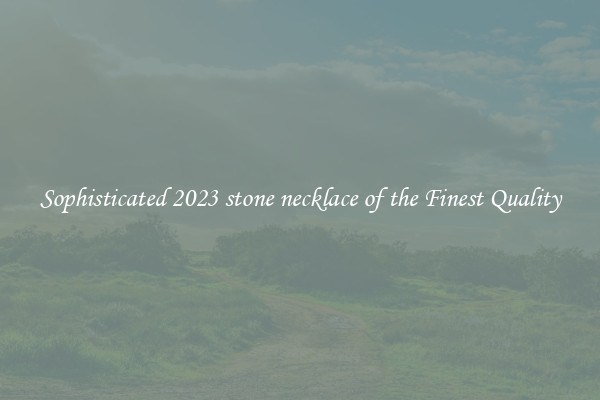Wholesale pipeline safety regulations For Various Welding Needs
Wholesale pipeline safety regulations are crucial in ensuring the safe and efficient operation of pipelines used in various welding needs. These regulations aim to prevent accidents, protect the environment, and ensure the integrity of the pipeline systems.

One of the primary aspects of wholesale pipeline safety regulations is the inspection and maintenance of pipelines. Regular inspections help identify any potential issues, such as corrosion, leaks, or other forms of damage. These inspections must be carried out by qualified professionals who have the necessary skills and knowledge to identify and address any problems promptly.
To ensure proper welding practices, wholesale pipeline safety regulations also mandate the use of certified welders. Welding plays a critical role in the construction and maintenance of pipelines. It is essential to have skilled welders who adhere to specific procedures and standards to ensure the longevity and reliability of the pipelines. Welders must be trained and certified to ensure that they possess the necessary expertise and skills required for welding various types of materials used in pipeline installations.
Moreover, wholesale pipeline safety regulations focus on the use of quality materials and equipment. It is essential to use high-quality materials that can withstand the harsh conditions and pressures that pipelines are exposed to. From pipes to valves and fittings, all components of the pipeline system must meet specific standards and undergo rigorous quality checks.
Another crucial aspect of wholesale pipeline safety regulations is the implementation of measures to prevent and mitigate the impact of accidents or leaks. This includes the installation of emergency shutdown systems, leak detection systems, and regular monitoring. These measures help to minimize any potential damage to the environment and ensure prompt response in the event of any untoward incidents.
Furthermore, wholesale pipeline safety regulations also emphasize the importance of proper training and education for all personnel involved in pipeline operations. This includes personnel working on the construction, maintenance, and inspection of pipelines. Training programs provide individuals with the knowledge and skills to carry out their duties safely and effectively, ensuring compliance with the safety regulations.
In conclusion, wholesale pipeline safety regulations play a significant role in maintaining the integrity and safety of pipelines used for various welding needs. These regulations encompass several aspects, including inspections, certified welders, quality materials, preventive measures, and comprehensive training programs. Adhering to these regulations is vital for ensuring the safe and efficient operation of pipelines, minimizing risks and accidents, and protecting the environment.

View details

View details

View details

View details








